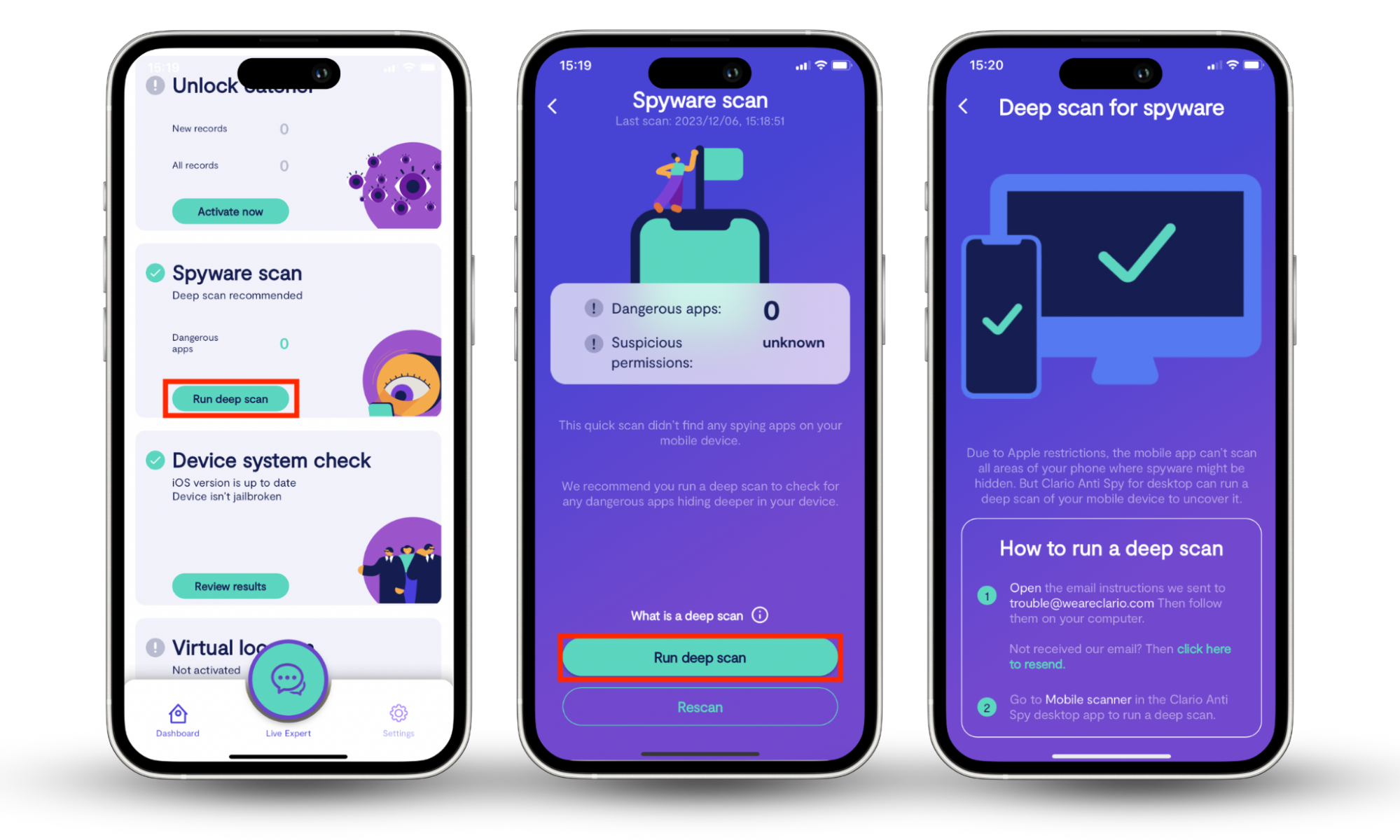Table of contents
- What are social services?
- Types of social services
- What happens if someone reports you to social services?
- What happens when you are investigated by social services?
- Can social services look around your house?
- Can social services look at your Facebook?
- Can social workers go through your phone?
- What are social services not allowed to do?
- What are your rights against social services?
- Can you tell social services to go away?
- Conclusion
What are social services?
Social services are a range of programs provided by the government to help support communities. At the federal level, these programs fall under the Department of Health and Human Services. Every US state has its own separate services.
Social services cater to:
- Families
- The youth
- Children
- Children without families
- Low-income individuals
- People experiencing mental health issues
- People with various disabilities
- Those who are ill
- Veterans
Some of the functions of social services include:
- Adoption
- Adoption assistance
- Foster care
- Child protective services (find out if CPS can tap your phone)
- Domestic violence services
Types of social services
Below are the types of social services available.
Types of social services | |
Public education | Welfare |
| Child welfare | Mental health |
| Infrastructure | |
| Social work | Libraries |
| Food banks | Police |
| Addiction | Hospices |
| Justice and corrections | Advocacy |
| Schools | Housing assistance |
| Social care | Aging and aged care |
| Universal health care | Fire services |
| Public transportation | Public housing |
| Behavioral health | Administration and management |
| Community | Adoption agencies |
What happens if someone reports you to social services?
When someone reports you to social services, they assign a caseworker to your case. They will commence their investigation, which includes a home visit and interviews. The caseworker will then assess the case to determine whether there is imminent danger to the alleged victim.
While families fear being on social services’ radar, it’s nothing to fear if no kids or adults are in danger. If someone reports you to social services, they are genuinely concerned about the alleged victim’s wellbeing. However, there are cases when people report others for their personal agendas.
What happens when you are investigated by social services?
When social services investigate you, an assigned caseworker pays you a visit. During the visit, they will ask you and other people in your home some questions. They will also have a look around your home to determine whether it’s fit for the people living in it and the victim. If they believe the victim is in danger at the time of the visit, they will remove the victim from home and temporarily place them in the care of relatives or foster care.
The parties the caseworker can question include people with personal contact with the alleged victim. For example:
- School teachers
- Doctors
- Neighbors
- Relatives
- Babysitters
The caseworker will then consolidate all the information they’ve gathered. If they find no abuse, you will be cleared, and you will not have a criminal record. If the caseworker believes you or someone in your home is abusing the alleged victim, they will make an official recommendation. The outcome depends on the severity of the case.
In less severe cases, they may offer family support and counseling. In extreme cases, they will have the perpetrators arrested. The victim will be removed from the home and placed in long-term foster care or the care of a relative.
Can social services look around your house?
Social workers can inspect your home to determine if it is safe for the alleged victim. During the walk-through, they look for any signs of danger, depending on the nature of the case. For example, in a child abuse case, they may look for safety hazards like exposed electrical cords.
If you know that a caseworker will be visiting you, you should do a walk-through of your home to look for ways to improve its overall safety for the children and adults in it.
Can social services look at your Facebook?
Social workers can only look at a parent’s or caregiver’s Facebook account with their consent and once off. The social worker’s goal is to collect information that can help protect a child or victim. However, it’s unlawful for social workers to check your Facebook page without your permission or repeatedly. After all, even people under investigation have a right to privacy.
Be that as it may, it isn’t always the case. Some social workers break the law to prove abuse or wrongdoing on your part. To that end, social workers can anonymously spy on your Facebook posts and activity over time to see what you’re up to and prove that you’re guilty of what you’ve been accused or suspected of doing.
Did you know?
The Times found it was common for social workers to surveil families on Facebook. According to the Times, social workers would go as far as covertly tracking or stalking parents with private profiles using fake Facebook profiles. This allowed them to spy on parents without their knowledge and look for signs of domestic and drug abuse.
Similarly, social services can’t look at your medical records or bank account without your consent. However, social services can find out if you have a job by asking around.
Can social workers go through your phone?
Social workers aren’t law enforcement officers, so they cannot go through your phone. If they do, it would be outside the confines of their job. In essence, they’d be breaking the law.
However, if rogue social workers can go through your Facebook, who’s to say they’d never try to spy on your phone? Learn how to know if the government is watching your phone or government monitoring your social media. That’s where Clario AntiSpy comes in. It features a host of cybersecurity tools that help protect your privacy, including a Spyware scan that identifies any hidden malware on your phone and removes it in a few taps.
Follow the steps below to protect your privacy with Clario AntiSpy:
- Download Clario AntiSpy, get a subscription, and set up an account.
- Select Run deep scan sidebar and follow the on-screen prompts.

Tip
We advise using all of Clario AntiSpy’s features to secure your device and safeguard your data.
Below are more tools you can use in the Clario AntiSpy mobile app:
- Data breach monitor. It looks for known data breaches containing your email and notifies you if your email was leaked.
- Anti-spy setup. Easy-to-follow checklists guide you through your phone's basic anti-spy protection settings.
- Operating system check. It helps you keep up with your device’s latest updates and fixes to keep it secure.
- Jailbreak detector (iOS) and Root detector (Android). These features scan your device for signs of tampering.
- Unlock catcher. It secretly takes photos of people who unlocked your phone and stores the evidence in a report.
- Virtual location. It allows you to mask your phone’s location and keep spies off your trail.
- 24/7 human assistance. Clario AntiSpy offers round-the-clock professional support from security experts to help you resolve cybersecurity issues.
What are social services not allowed to do?
Social workers are limited in what they can do in a case. Here are things social workers are not allowed to do:
- They can’t use derogatory language about their clients in their presence or absence.
- Social workers can’t physically contact clients, discriminate against them, or allow conflicts of interest to interfere with the case.
- They shouldn’t allow their personal issues to affect the case, the client’s best interests, or the caseworker’s final judgment.
What are your rights against social services?
The American Bar Association states that parents have the fundamental right to make decisions about their children's care, custody, companionship, and management under the Fourteenth Amendment. You have the right to be treated with respect and courtesy. Contact a lawyer to better understand your rights and protect yourself and your family.
Interesting
Is the NSA spying on you? The answer may surprise you.
Can you tell social services to go away?
Yes, you can. But you better not. It may backfire, and you might end up in court.
The police need a warrant to search your home. Social workers typically don’t need one. Therefore, you have the right to refuse or withdraw consent to receive services. The National Association of Social Workers (NASW) states that social workers should notify you about the extent of your right to refuse. However, you can’t deny police entry to your home if they have a warrant.
Conclusion
It’s illegal for social services to spy on your phone or social media profiles, like your Facebook account. However, that doesn’t mean they wouldn’t do it. That’s why we advise that you use Clario AntiSpy’s expert tools to protect your privacy and data, like its Spyware scan.


